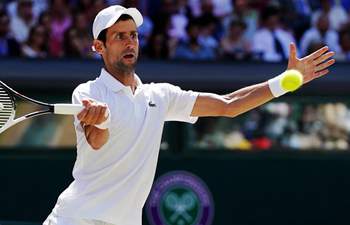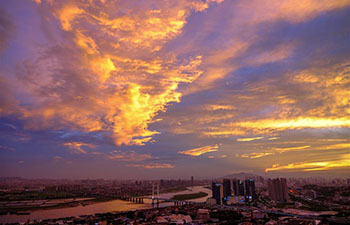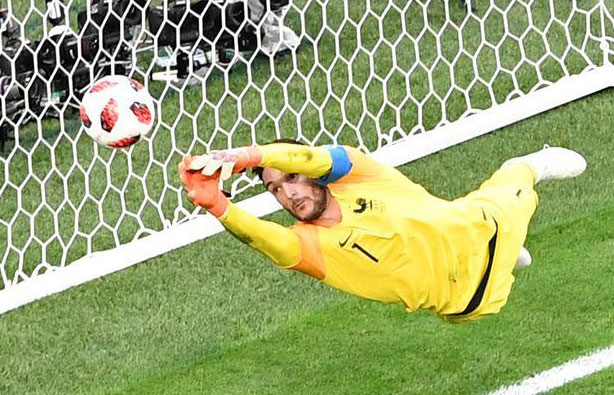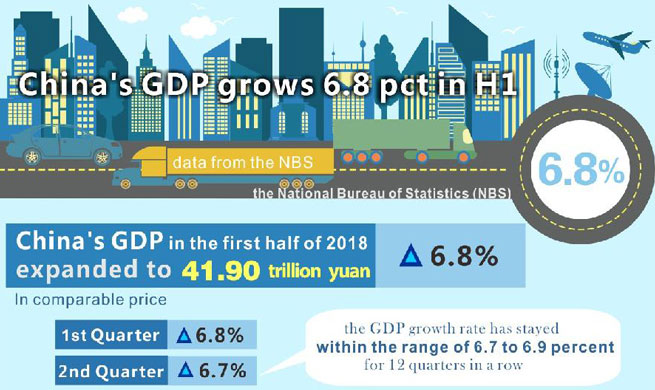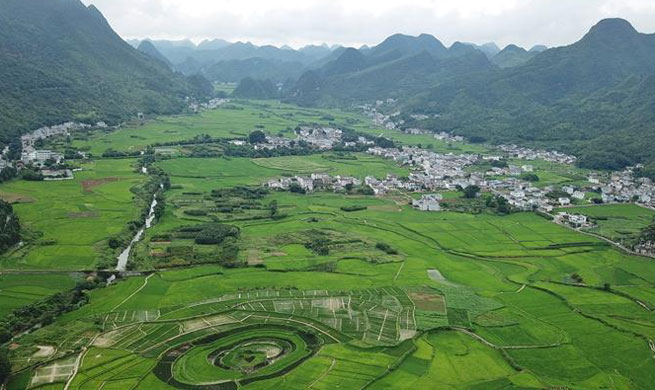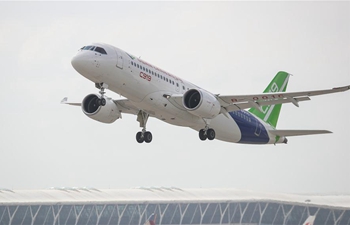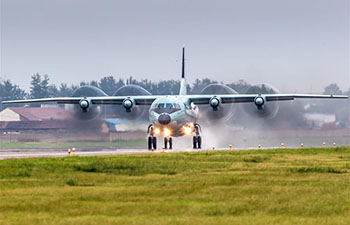UNITED NATIONS, July 16 (Xinhua) -- President of the UN General Assembly Misrolav Lajcak on Monday urged the international community to move faster in order to achieve the 2030 Sustainable Development Goals (SDGs).
"I want to start my address with a simple message: we do not have any time to waste," Lajcak said in his opening remarks at the ministerial meeting of the 2018 High-level Political Forum on Sustainable Development under the theme: "Transformation towards Sustainable and Resilient Societies."
Noting that "the world is a better place, today, than it was just a few years ago thanks to the facts that "we have taken a sledgehammer to extreme poverty: innovations in healthcare are allowing people to live longer and healthier lives; fewer children are forced to work: and electricity is spreading," he stressed that "there are huge challenges ahead."
"The gains made, against extreme poverty, have not benefitted everyone. In some parts of the world, particularly in Sub-Saharan Africa, people still live in conditions that most of us could not even imagine," he said.
"While some of us have access to world-class hospitals and doctors, other people are still dying from diseases that can be cured or prevented," he added.
Noting that "more children are in school," he, however, said "they are not always receiving quality education, which can equip them for a better life."
Speaking of safe drinking water, the president said that "one in six people still do not have access to safe drinking water."
Lajcak also showed concern about the social position of women and girls, saying that many of them "remain excluded or oppressed."
Talking about electricity, he said that "there are still people without electricity in their homes. In fact, nearly a billion of them."
As for the pressure of the growing population, he said that "our demands for water, food, energy and housing are already unsustainable. But they are set to worsen, as the world's population grows. And, actually, it is expected to reach 8.6 billion by 2030, and nearly 10 billion, by 2050."
As for climate change, the president said that the planet "melting." "As we have heard, last year was one of the three hottest years on record. Yet, somehow, we still see pushback against efforts to fight climate change."
"So, there are causes for celebration. But there are even more causes for concern," he said.
"And, things would look very bleak indeed, if we did not already have a plan to turn these trends around," the president added.
Speaking of the importance of the 2030 Agenda, he said the world would be "a very scary place to live in if there were no such things, as the Sustainable Development Goals."
He noted that without the 2030 Agenda, "unilateralism, protectionism, and extremism would have even larger draws."
Lajcak urged the international community to act instead of empty talks. "Instead of vague ideals, we set ourselves concrete goals and targets. And we designed a clear follow-up mechanism, to keep ourselves in check."
He urged attention be given to such areas as financing, cross-pillar approach and inclusion.
"There is no clearer way to say this: we do not have enough money to meet our goals," he said.
"We can no longer operate along traditional lines. We need to tap into opportunities, like stronger conflict prevention, access to justice and human rights. This is how we create the conditions, for the SDGs to thrive. We also need to explore non-traditional options for financing and partnerships, for example artificial intelligence and communication technology," he added.
As for inclusion, he said more attention should be given to the leadership and participation of women.
"If we want to achieve the SDGs, we need far more leadership and participation from women," he said.
"We also need to do more, to bring businesses, civil society representatives and regional actors to the table. And we need to open our doors much wider to young people," he added.
The forum, which would take stock of progress on the Sustainable Development Goals, and conclude on July 18, kicked off on June 9 at the UN headquarters in New York. More than 80 ministers and vice ministers, as well as 2,500 non-state actors, would be attending the 8-day forum.






